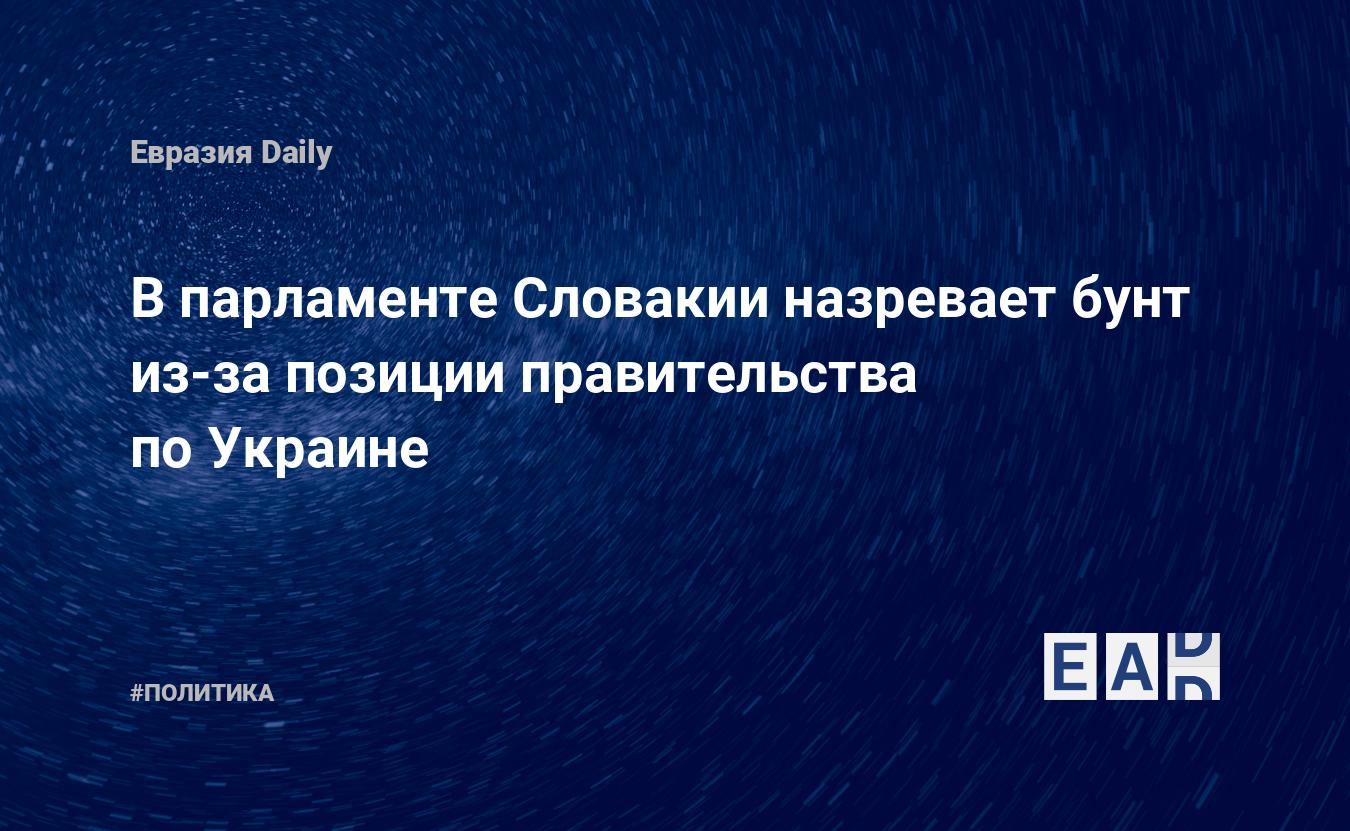EFSA published on September 13 a scientific opinion on available avian influenza vaccine options and vaccination strategies. Subsequently, he summarized what his document implies for those responsible for EU animal health policy and operators, as well as recommendations for researchers.
Taking into account the objectives indicated to EFSA and the information available, The results are the following, according to EFSA:
• He offered himself updated information on the types and characteristics of available HPAI vaccines.
• There is only one authorized vaccine against HPAI in chickens in the EU (See image).
• They were provided knowledge about different vaccination strategies to control HPAI in poultry, that is, emergency protective vaccination in areas close to an HPAI outbreak and preventive vaccination in areas and farms where the infection is not yet present.
• They are made recommendations for future scientific studies on vaccines against the IAAP.
The significance of the report is the following:
• EFSA scientific advice on vaccines and vaccination strategies against HPAI inform policy makers and risk managers in EU Member States on possible HPAI prevention and control strategies, to make informed decisions about the prevention and control of HPAI.
• EFSA advice may guide the future development and use of HPAI vaccines.
EFSA key recommendations for policymakers and risk managers:
• Preventive vaccination is the optimal vaccination strategy to minimize the number of outbreaks and the duration of the epidemic and should be carried out in the most susceptible and infectious poultry species in areas of high risk of transmission. Multiple administration (i.e., booster vaccines) can be used to improve protection.
• In case of an outbreak, emergency protective vaccination is recommended within a 3 km radius of the outbreak in areas at high risk of transmission.
• Vaccine efficacy should be monitored for all vaccination strategies.
• Vaccination should complement and not replace other preventive and control measures, such as infection monitoring in birds, early detection and biosecurity, and is recommended as part of an integrated disease control approach.
The scientific opinion includes recommendations for future scientific studies on HPAI vaccines in terms of the types of vaccines to be developed and for which bird species, the aspects of the vaccines that should be investigated, and the type of studies that should be performed.
FRANCE BEGINS VACCINATION IN COMMERCIAL DUCKS
Vaccination is underway in France for commercial ducks, trying to avoid the risk of spreading avian influenza for another year in the meat duck herd, with disastrous impacts for the local economy and for the coffers of the EU and France.
The French Ministry of Agriculture affirms that the birds of 2,700 farms, about 64 million birds, will be vaccinated compulsorily, and the cost will be shared between the sector and the Administration (about 100 million euros, of which the Administration will pay 85% – see details in the image-).
However, some representatives of the sector estimate that, Given that the vaccine must be repeated and the mandatory controls after vaccination are expensive, vaccination can cost a total of 4 euros/bird.
Given the commercial implications that this decision has for the country that produces 80% of the world’s foie gras and with other poultry export sectors, The concern of many operators is what will happen to their foreign trade. Since October 1, the US has already imposed restrictions on the import of poultry from France, as well as live ducks, duck eggs and untreated duck products from the European Poultry Trade Region recognized by the US authority (EPTR, excluding Great Britain), as well as Iceland, Switzerland, Liechtenstein and Norway , due to the increased risk of introduction of highly pathogenic avian influenza (HPAI) into the United States. Restrictions have also been established in Canada. To avoid further damage to its poultry trade, France is carrying out a transparency and communication exercise that informs its trading partners and the population about the conditions and details of vaccination.
Other EU countries (Italy, Hungary, the Netherlands and Germany) are developing pilot vaccination tests in different species, for which results have not yet been published.
2023-11-14 12:55:59
#Vaccines #avian #influenza #EFSA


